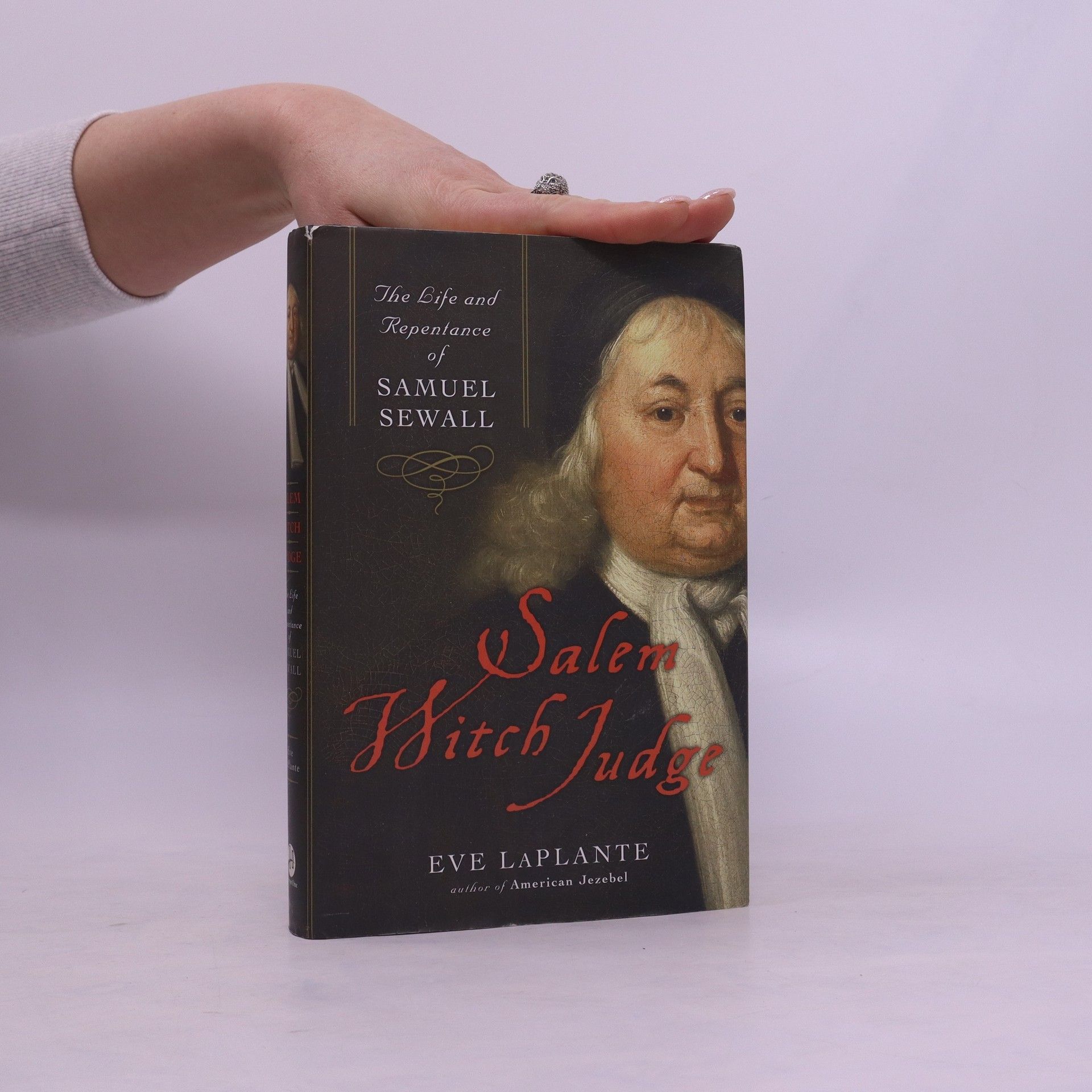The author, a descendent of Samuel Sewall, chronicles the controversy surrounding the judge's involvement in the Salem Witch Trials of 1692 and his subsequent public repentance.
Eve LaPlante Knihy
Táto autorka sa ponorila do života a myšlienok významných postáv americkej histórie a literatúry. Skúma zložité vzťahy a vnútorné svety, často sa zameriava na ženy, ktoré formovali spoločenské a kultúrne dianie. Jej diela sa vyznačujú hlbokým vhľadom do psychológie postáv a starostlivým skúmaním dobového kontextu. Práca autorky vyniká schopnosťou oživiť minulosť a odhaliť neznáme aspekty známych osobností.
